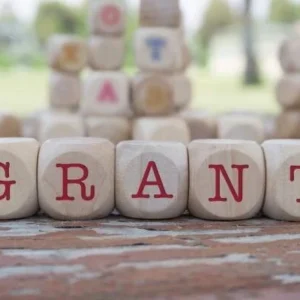At a side event during the UNESCO World Conference on Cultural Policies and Sustainable Development (MONDIACULT 2025), the International Labour Organization (ILO) highlighted the pivotal role of cooperatives in promoting cultural rights, decent work, social justice, and inclusive development. The session, held on 26 September 2025 and titled “Cooperatives in Culture for Diversity, Cultural Rights and Decent Work,” was co-organized by the International Cooperative Alliance (ICA), CICOPA, Abacus Cooperative, and the Arizmendiarrieta Social Economy Think Tank (ASETT). It brought together cooperative practitioners, government representatives, and international organizations to explore how cooperatives act as dynamic cultural actors and partners in fostering a just, inclusive, and sustainable future.
Simel Esim, Head of the ILO’s Cooperative, Social and Solidarity Economy Unit (COOP/SSE) and Chair of the UN Inter-Agency Task Force on Social and Solidarity Economy, emphasized that cultural development is central to the ILO’s mandate for social justice. She highlighted the dual role of culture as both a source of creativity and solidarity and a potential force for bias and exclusion. Esim outlined the distinctive contributions of cooperatives in preserving cultural traditions, protecting Indigenous and Tribal knowledge, sustaining cultural venues through cooperative management, and providing financial support to cultural enterprises. Cooperatives also foster cultural learning, democratic participation, and equitable opportunities in both education and the digital sphere, including platform cooperatives that enable creators to co-own data and decisions.
The session showcased examples of local cooperative initiatives across various cultural contexts, demonstrating how they support diverse voices, lifelong learning, and democratic engagement. Participants emphasized strategies for linking cooperatives to cultural policy and sustainable development while highlighting the need for supportive environments to scale up these contributions. The ILO also welcomed ICA’s global initiative to map cooperative heritage sites, recognizing them as living expressions of cultural identity and resilience.
During the event, the brief “Cooperatives as Key Actors in Positioning Culture as a Common Good” was launched, presenting evidence, case studies, and advocating for the inclusion of culture as a stand-alone global goal in sustainable development. As part of the International Year of Cooperatives 2025, the event reaffirmed that cooperatives play a vital role in advancing cultural rights and are essential partners in building inclusive, democratic, and sustainable societies.







